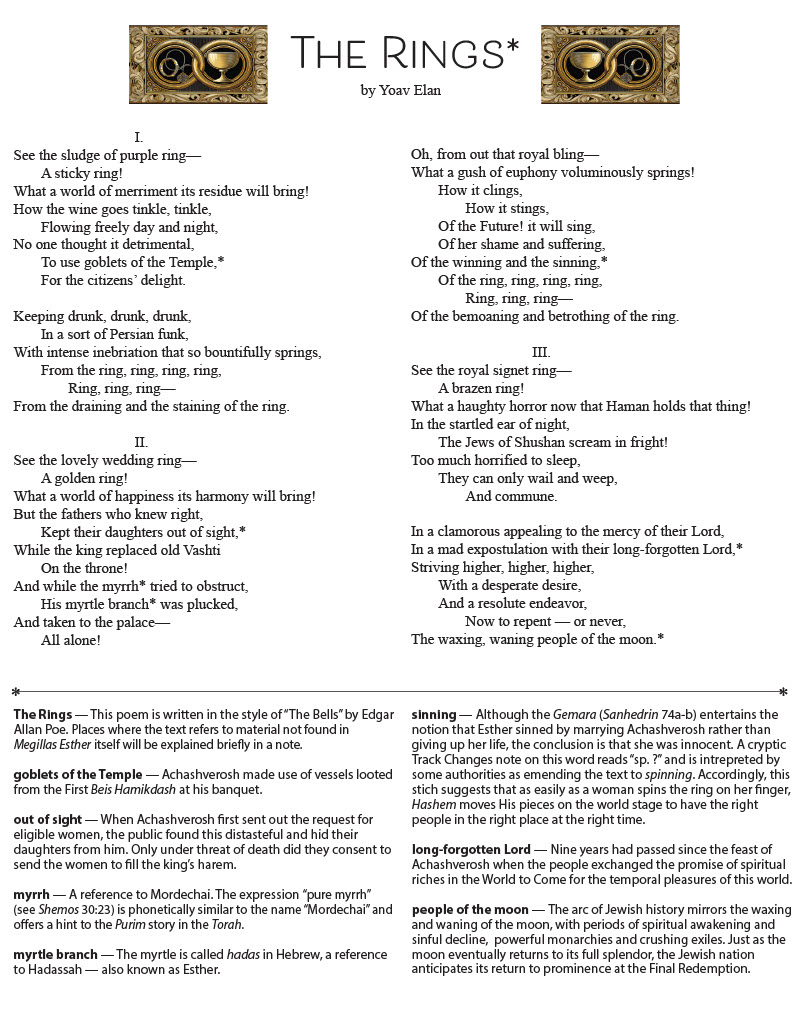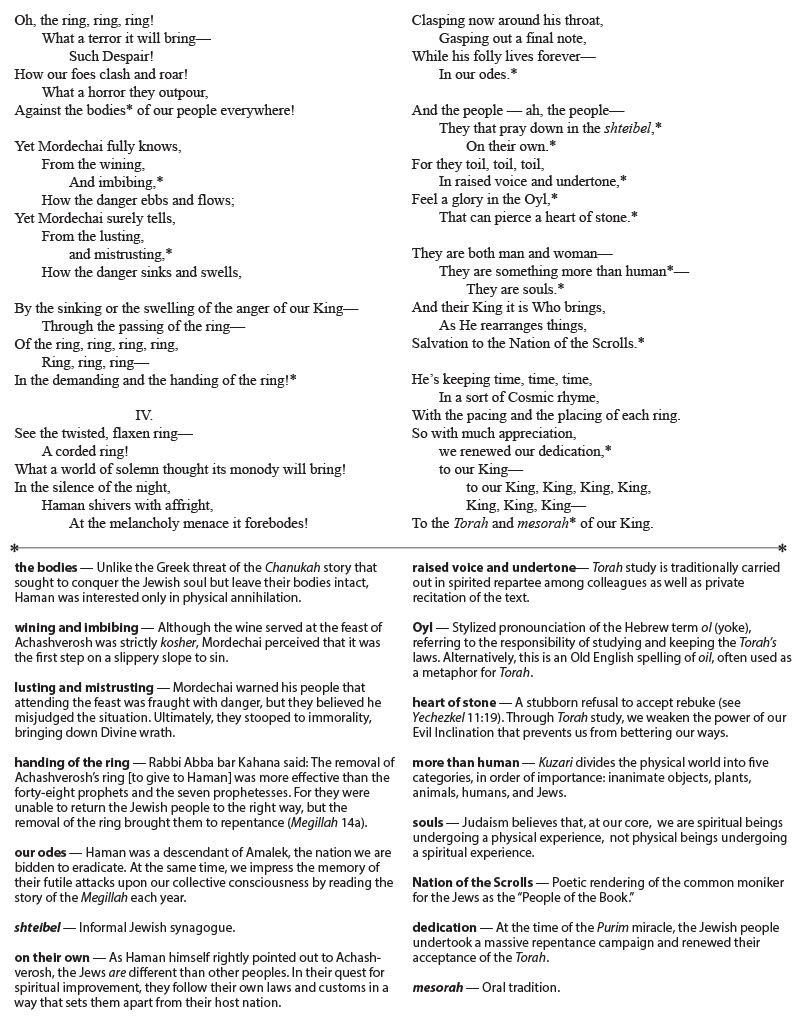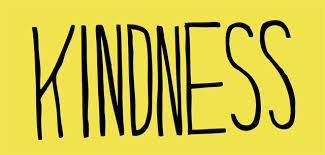Ask the Shadchan

To the Shadchan:
I am a yeshiva bachur, aged 24. I have been going out for a year and a half. All the shidduchim have resulted in just two or three dates before the girl or I called it off. Now I have gone out with a very nice girl six times. The feedback I got after the last couple of dates is that she likes me but it’s not “going anywhere.” The shadchan told me that it’s time to start bringing the shidduch “to the next level.” By that, she means that I am supposed to have some “deeper discussions” and “open up” more. She didn’t give me much more guidance than that. I’m not a very emotional person, and I’m not quite sure how to go about it. What topics do you suggest that will help us form a better understanding of each other’s personalities, perspectives, and goals? Is it all a matter of abstract discussion, or is there some other way to connect on a deeper level? All this seems kind of artificial to me, but I’ll give it my best shot if it will help.

















